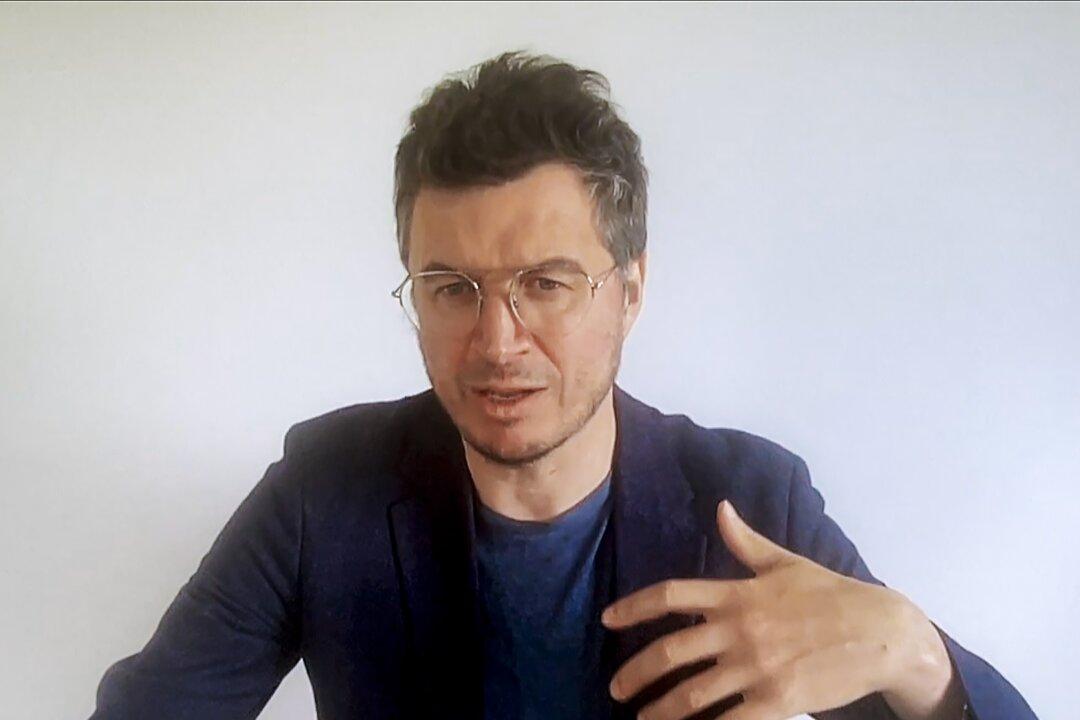In an Epoch Health podcast, Dr. Ann Corson spoke with Prof. Dr. Mattias Desmet, the world’s leading expert on the theory of mass formation and its application on the COVID-19 pandemic.
Dr. Desmet discussed the degeneration of modern science and explained the effects this has had on society, especially during the COVID-19 pandemic and how this had led to a global mass formation. He goes into great detail on what exactly causes mass formation and how people can resist the mass.







